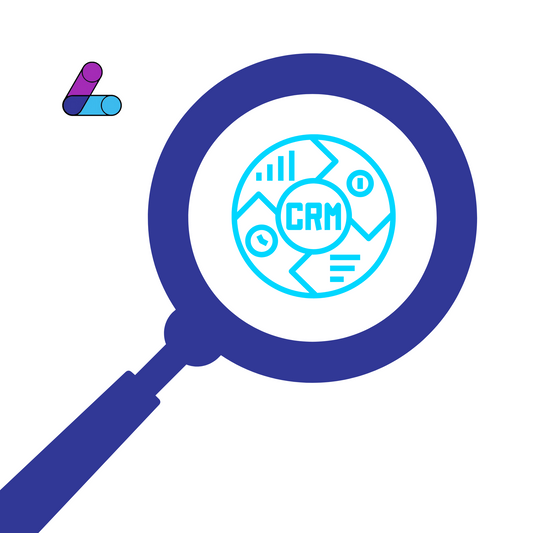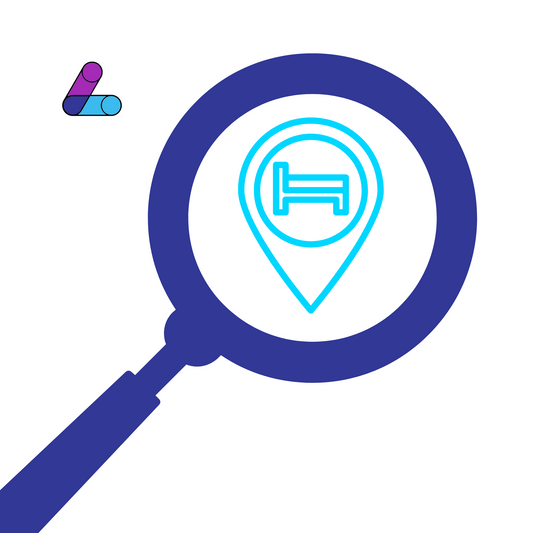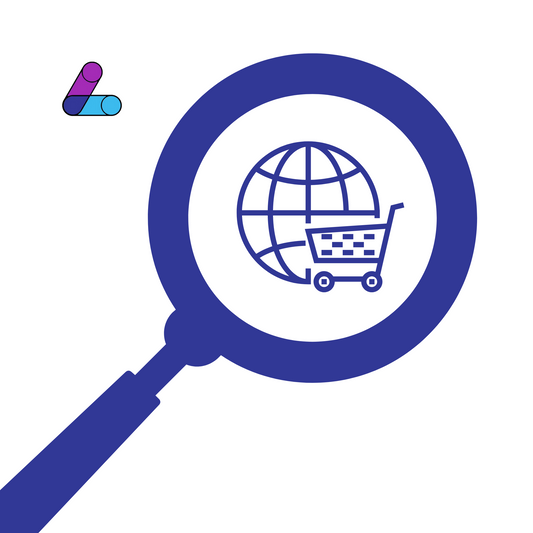Are you still relying on spreadsheets or outdated tools to manage your business? If so, it’s time to explore how a CRM system can transform your operations. A Customer Relationship Management (CRM) system is not just a tool; it’s the foundation for scaling your business. From CRM automation to actionable insights, the right system can streamline processes, improve decision-making, and boost sales.
This blog dives into why your business needs a CRM, the pain points it solves, and the steps to get started with CRM implementation.
What is a CRM, and why does your business need one?
A CRM system is much more than a contact list. When implemented correctly, it serves as a single source of truth for your business operations. Here’s how it adds value:
- Centralized data management: Store all your marketing, sales, operations, and HR data in one place.
- Streamlined processes: Automate repetitive tasks, freeing up time for strategic growth.
- Actionable insights: Leverage powerful reporting and dashboards to make data-driven decisions.
- Revenue growth: Use a CRM to nurture leads, close deals faster, and retain customers.
In essence, a CRM is the operational brain of your business, ensuring every department works together seamlessly.
The pain of operating without a CRM
Many businesses face significant challenges when they don’t have a CRM system in place:
- Lost leads: Without a structured system, leads often fall through the cracks.
- Manual work overload: Teams waste valuable hours updating spreadsheets or managing disjointed tools.
- Lack of visibility: Businesses struggle to monitor sales pipelines or track team performance.
- Missed opportunities: Without proper insights, it’s harder to identify trends or make informed decisions.
A CRM addresses these pain points, replacing inefficiency with streamlined workflows and growth opportunities.
CRM features that drive success
Modern CRM systems offer features that make them indispensable for businesses:
- Automation: Automate follow-ups, assign tasks, and update records effortlessly.
- Reporting and dashboards: Access real-time insights into sales, marketing, and operations.
- Integrations: Connect your CRM with tools like email platforms, eCommerce systems, and meeting schedulers for seamless workflows.
Whether you’re considering a HubSpot CRM, Salesforce CRM, or another solution, these features are critical for success.
CRM vs. Alternatives
Still using spreadsheets or other tools? Here’s how a CRM compares:
- CRM vs. Spreadsheets: While spreadsheets are great for simple tasks, they lack automation, real-time insights, and scalability. A CRM provides all these benefits.
- CRM vs. ERP systems: ERPs focus on back-office operations like accounting and inventory, while CRMs handle front-office activities such as sales and customer relationships.
- CRM vs. Email platforms: Tools like MailChimp or Klaviyo are designed for email marketing, not comprehensive customer management.
A SaaS-based CRM grows with your business, making it the ideal choice for scaling operations.
How to get started with CRM implementation
If you’re ready to adopt a CRM, follow these steps to ensure a smooth process:
- Assess your needs: Identify pain points and business goals.
- Choose the right CRM: Evaluate platforms like HubSpot and Salesforce to find the best fit.
- Prepare your data: Conduct data cleaning for CRM to remove duplicates and outdated records.
- Work with experts: Professional assistance ensures seamless CRM development and CRM migration.
- Train your team: A CRM is only as effective as the people using it—provide comprehensive training.
These steps lay the groundwork for long-term success with your chosen CRM system.
Conclusion
Investing in a CRM isn’t just about adopting new software; it’s about building a foundation for growth. By centralizing data, automating tasks, and gaining actionable insights, your business can operate smarter and more efficiently. Whether you’re exploring a HubSpot CRM, Salesforce CRM, or another system, the right CRM will empower your business to scale.
Ready to take the next step? Contact us or download our free guide: Why does your business need a CRM? Let us help you transform your operations with a CRM tailored to your needs.





